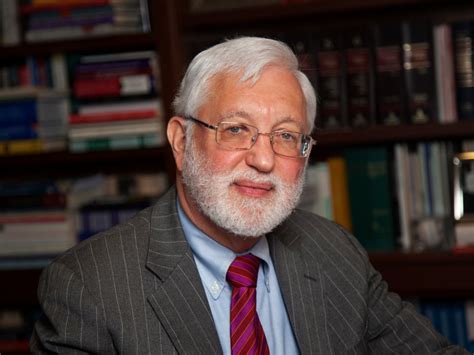A Quote by Paul Ryan
Leaking classified information is a crime. And if we have evidence that somebody in the executive branch is committing a crime, we should prosecute that person.
Related Quotes
Only a very small number of the e-mails containing classified information bore markings indicating the presence of classified information. But even if information is not marked 'classified' in an e-mail, participants who know or should know that the subject matter is classified are still obligated to protect it.
Our investigation looked at whether there is evidence classified information was improperly stored or transmitted on that personal system, in violation of a federal statute making it a felony to mishandle classified information either intentionally or in a grossly negligent way, or a second statute making it a misdemeanor to knowingly remove classified information from appropriate systems or storage facilities.
The best crime stories are always about the crime and its consequences - you know, 'Crime And Punishment' is the classic. Where you have the crime, and its consequences are the story, but considering the crime and the consequences makes you think about the society in which the crime takes place, if you see what I mean.
People assume that the executive branch has more power than it actually has. Only the legislative branch can create the laws; the executive branch cannot create the laws. So, if the executive branch tries to create a branch one side or the other... you go back to the founders of the nation. They set up a system that ensures that it doesn't happen.































